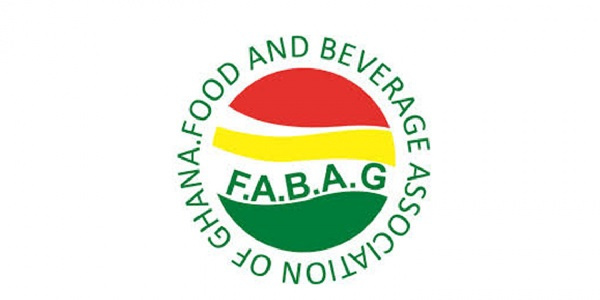The Food and Beverages Association of Ghana (FABAG) has opposed proposed increases in utility tariffs, warning that such a move would cripple businesses and undermine the government’s 24-hour economy policy.
The Electricity Company of Ghana (ECG) has for instance proposed a sharp upward review of electricity distribution charges, seeking an average 224 percent increase in the Distribution Service Charge (DSC1) over the 2025–2029 tariff period.
In a press release sighted by Citi News on Sunday, September 14, FABAG said the planned tariff hikes, particularly by the Electricity Company of Ghana (ECG), would worsen the already dire situation facing businesses in the country — especially in the food and beverages sector.
According to the association, sales in the sector have dropped by as much as 70% due to the current economic challenges, including the depreciation of the Ghanaian cedi. Many restaurants, hotels, wholesalers, and retailers are reportedly recording near-zero sales on a daily basis.
“The business sector is at a standstill. Food may be a necessity, but people are simply not buying,” the statement said.
“If the food sector is this badly hit, what is happening in the non-food sector?”
FABAG argues that any upward tariff adjustment will lead to higher production costs, job losses, and the collapse of small businesses such as cold stores, bakeries, and local restaurants — many of which are already struggling to stay afloat.
“The food and beverages sector is one of Ghana’s largest employers and heavily depends on electricity and water. Increasing tariffs will wipe out thin profit margins and force many SMEs to shut down,” the statement added.
The group also warned that such increases could trigger inflationary pressures, pushing prices of essential items like bread, kenkey, water, and beverages even higher. Transport fares may also go up, further burdening ordinary Ghanaians.
FABAG expressed concern that the proposed tariff hikes could directly undermine the government’s flagship 24-hour economy initiative, which aims to promote continuous business activity and industrial growth.
“Utility costs are a major part of food, transport, and housing — the key drivers of inflation in Ghana. Increasing tariffs now will unleash a new wave of price hikes that will hurt households and slow economic growth,” FABAG said.
While the association supports cost-reflective tariffs in principle, it insists that any increases must be fair, phased, and tied to performance improvements by utility providers.
FABAG is calling for greater transparency in how tariffs are calculated, and for the Public Utilities Regulatory Commission (PURC) to publish full cost breakdowns.
“We demand performance-linked tariffs. Utilities must first reduce system losses, improve collections, and eliminate inefficiencies before passing costs onto consumers,” the statement stressed.
FABAG is also urging the PURC to expand lifeline tariff bands to protect low-income households and support measures that cushion small businesses from rising utility costs.
“The government must not allow inefficiencies in the utility sector to be paid for by struggling mothers selling bread at dawn or small business owners trying to survive,” FABAG concluded.
The association has called on the PURC to reconsider the proposed tariff increases in light of the country’s current economic challenges and the long-term impact on jobs, investments, and industrialisation.







